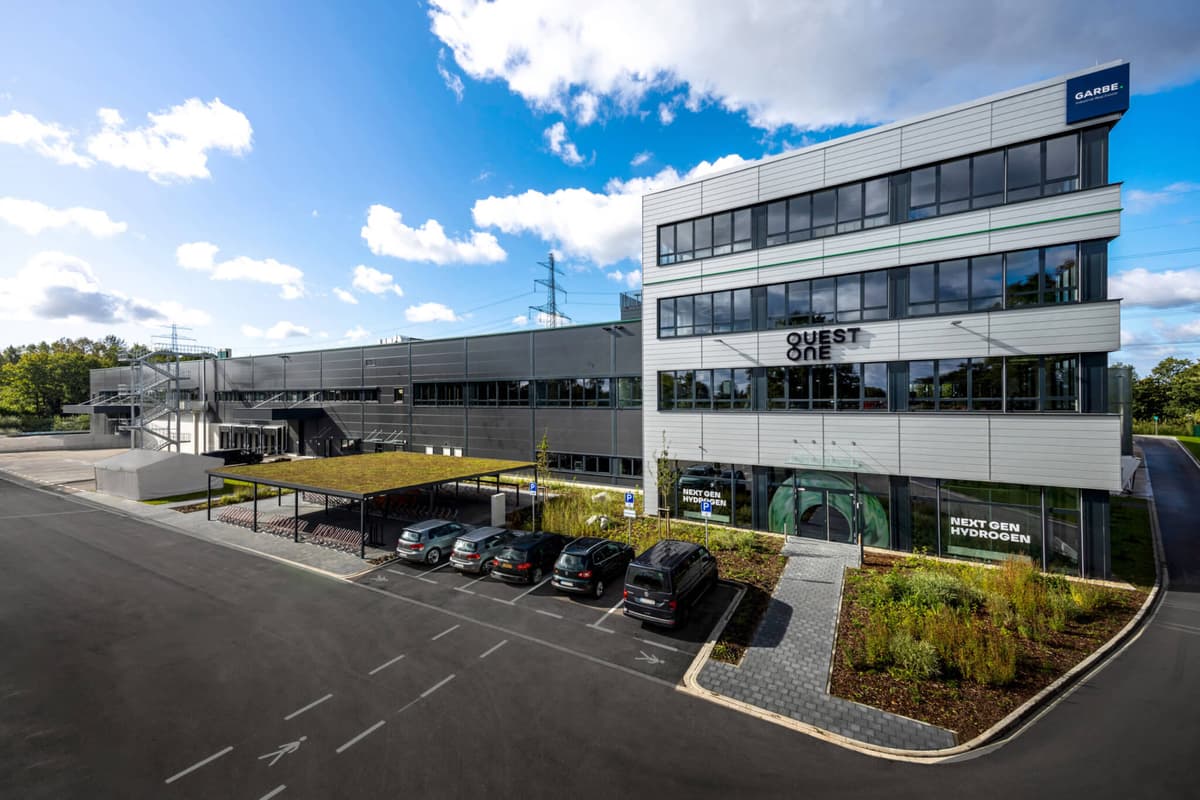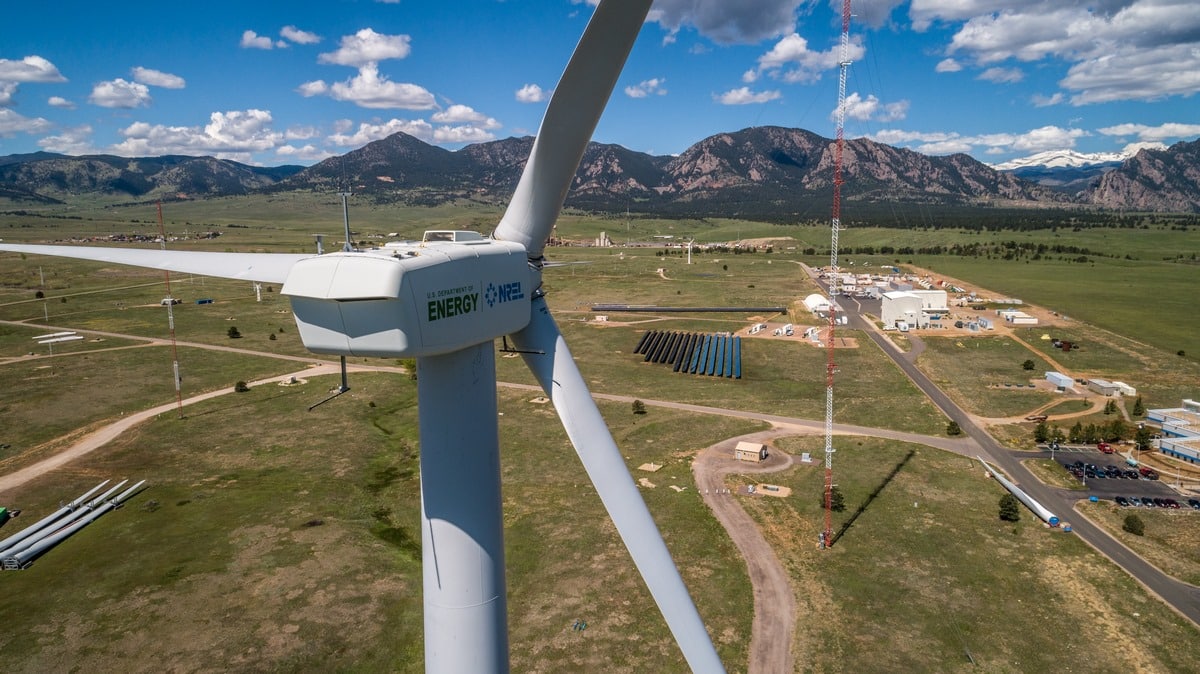
Quest One has opened its proton exchange membrane (PEM) electrolyser Gigahub in Hamburg, Germany, in the presence of Federal Chancellor Olaf Scholz.
The German firm, previously known as H-TEC Systems, is expected to produce up to 5GW of PEM electrolysers per year at the facility when running at full capacity.
Read more:Quest One: H-TEC rebrands and launches 5GW electrolyser production facility
H2 View understands the electrolyser stack can now be produced in Hamburg in less than an hour, thanks to the implementation of two production lines, dubbed Titan and Gerd, allowing for an increased level of automated work.
“Until now, electrolysers have been made by hand,” explained Scholz. “If the step towards automated production on an industrial scale is successful, the costs and time required for production will fall.
“Serial production should reduce the production time here in Rahlstedt by 75%. This is a real milestone for the rapid hydrogen ramp-up and shows what is possible in our country.”
In addition to Scholz, Hamburg’s First Mayor, Dr. Peter Tschentscher, Quest One CEO, Robin von Plettenberg, and the CEO of MAN Energy Solution, Dr. Uwe Lauber, also attended the opening of the facility.
von Plettenberg claimed that via Quest One, the company is “laying the foundations to be at the forefront in the future.” The newly rebranded firm targets avoiding 1% of global greenhouse gas emissions by 2050.
The CEO added, “With the opening of our Gigahub in Hamburg, one of the most advanced sites for the research, development and production of electrolysis technology, we are positioning ourselves as a key player in the hydrogen industry.”
Subscribe to the 1895 Podcast from gasworld Global Insights (GWGI) and listen to the latest analysis, insights and viewpoints on the biggest talking points in gases and energy each week.
The 1895 Podcast is a new addition to GWGI, aiming to bring insights, news, and interviews for the industrial gases and energy sectors in a laid-back and conversational manner. The podcast aims to discuss the key inflection points of the industry’s future – on a regional, technological and applications level – and its increasingly critical role in the energy transition of today and tomorrow.
Available on all major podcast platforms, from Apple to Spotify to Amazon Music, search for 1895 wherever you get yours – and like and subscribe to ensure you don’t miss an episode!







